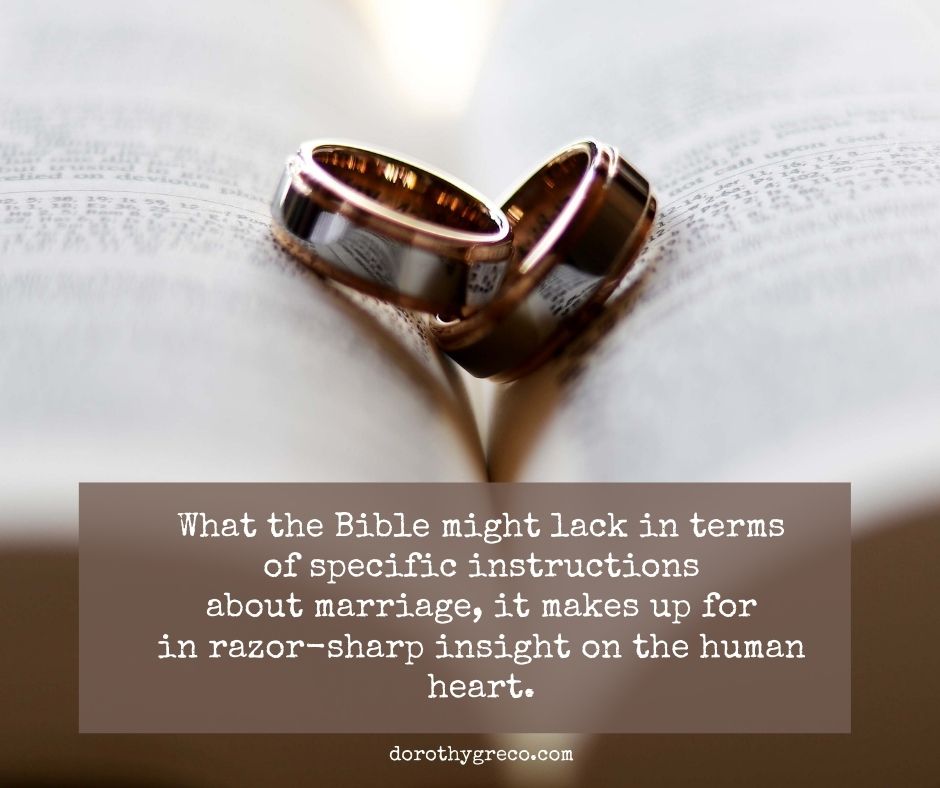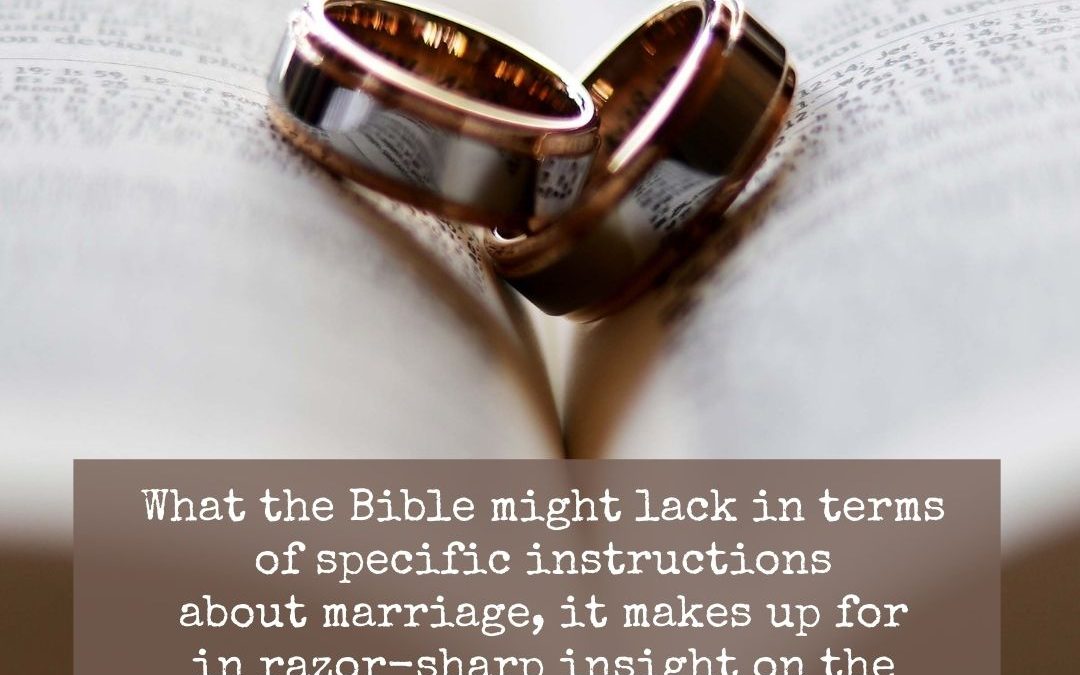
One of the most vital midlife-lessons my husband and I have learned is that it’s hard to love when one—or both of us—are not our best selves. And yet, that’s exactly what we promised to do on our wedding day.
There we stood, brimming with optimism and joy—blissfully clueless about what we were promising to do. We imagined the peaks but had no grid for what the valleys might look like.
Thirty years in, we’ve camped out in the valleys. We know the contours of doubt and have felt our way around each other’s edges. Our naive optimism has been replaced by grounded reality. This is a mercy because reality holds fast when we try to push away. It doesn’t collapse under pressure the way that optimism does.
Over the last three decades, we’ve raised three sons and watched one of them turn away from the Lord, said goodbye to three of our parents, midwifed church plants and provided triage during church splits. We’ve been lied to and betrayed. Misunderstood and maligned.
Perhaps our deepest valley has been my chronic health issues. Twenty years ago, I was diagnosed with multiple auto-immune diseases that continue to limit my body and our life together. While I refuse to let ongoing pain, fatigue, and insomnia become the whole of who I am, I cannot deny or ignore their effects (including reduced earning capacity and occasional bouts of despair).
And yet, my husband assures me that he would choose me again. His declaration eases my guilt and dismantles the lie that being married to me is burdensome.
To read the remained of this short article, please click this link to Propel for Women.
